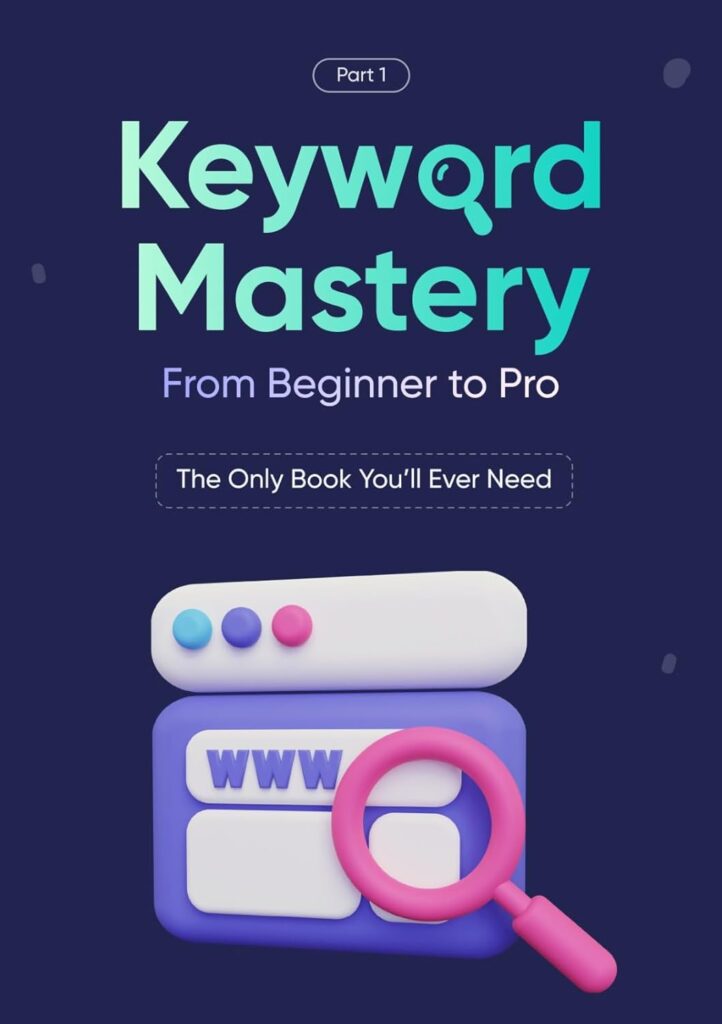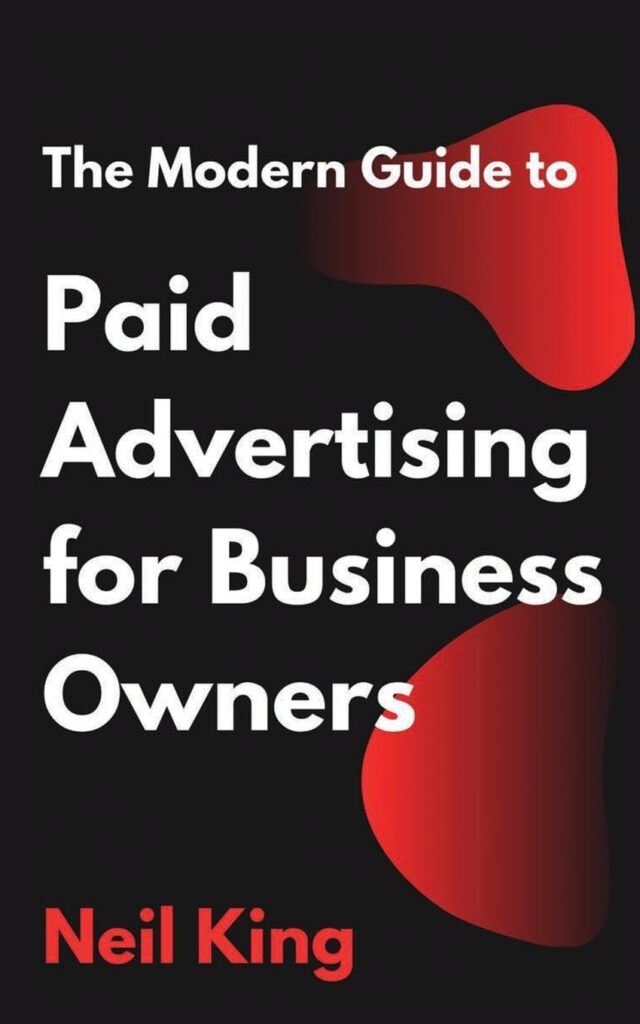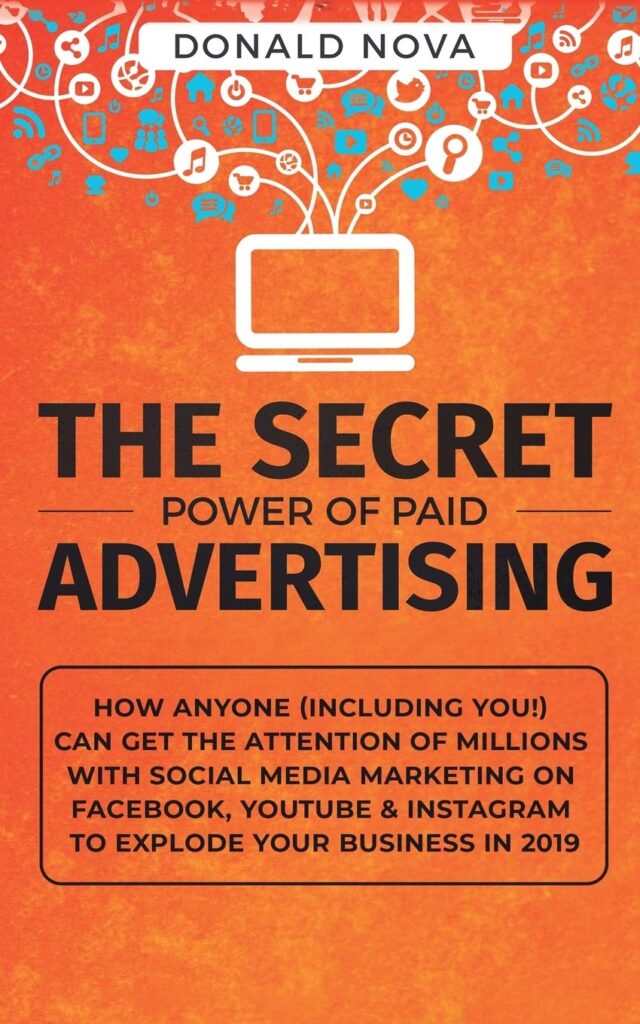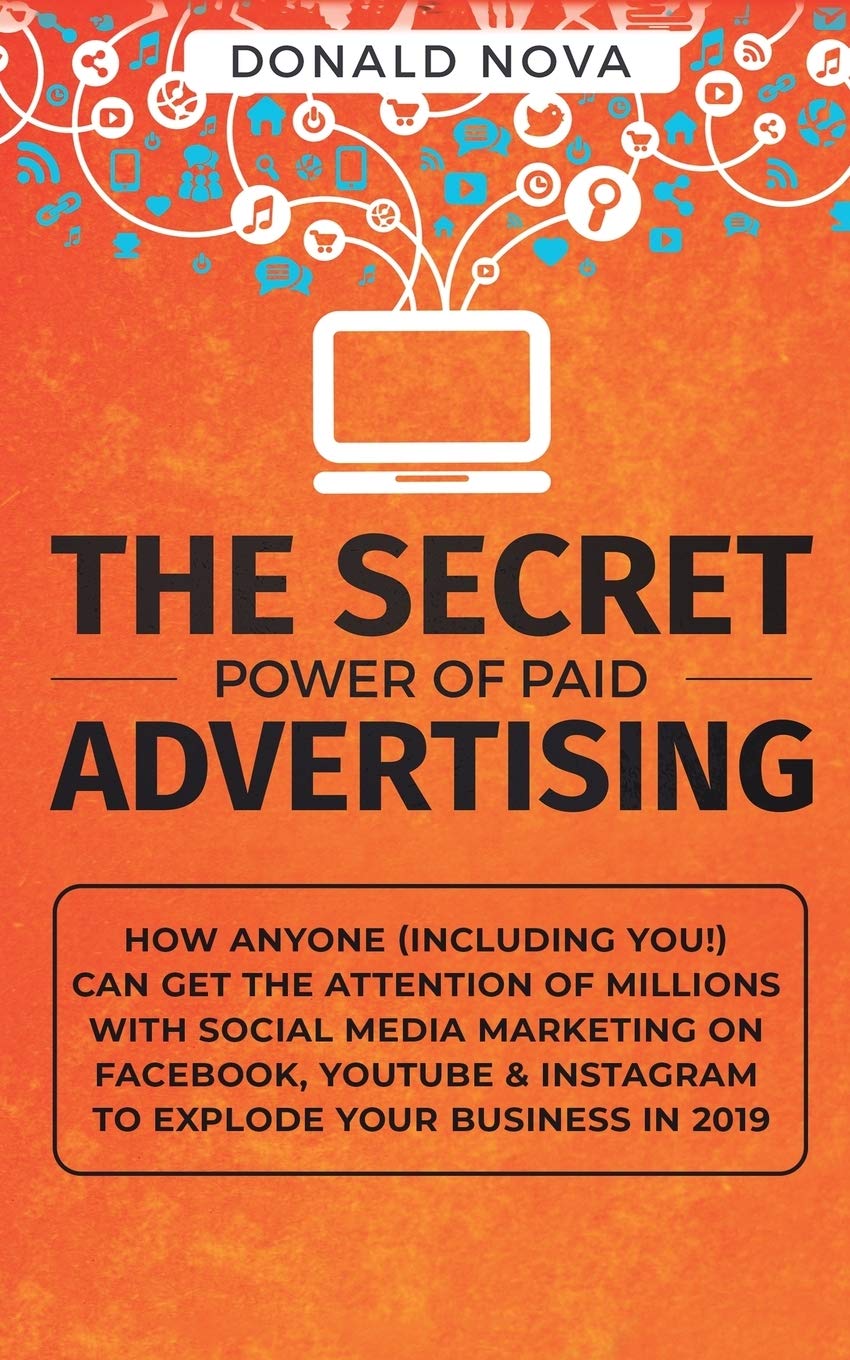Keyword research is usually linked with organic search engine optimization (SEO) since keyword research is a part of digital marketing. That is why it is so valuable in paid advertising campaigns, which are the focus of this article. Whether you are using Google Adwords, social media or any other PPC promotion, keyword research forms the core of improving the results, reducing the cost and targeting the right audience.
In this article, I will explain how keyword research helps in paid advertising, what you should know and what you should avoid, and give practical recommendations on how to improve the effectiveness of your campaign.
Table of Contents
What is Keyword Research?
Keyword research is the identification of the terms that people enter into the search bar when they are looking for products, services or information on the internet. These keywords assist business people to match their content or advertisements to the likely objectives of the consumers, and thus, achieving better results.
In the context of paid advertising campaigns, keywords define where and when your ads will be placed. The keywords you select can make a huge difference in your ad performance, from CTR to conversion rates.
Why Keyword Research is Essential for Paid Advertising?
Helps You Identify The Specific Purpose Of The User
Keyword research gives information about the search terms, and the purpose of the search query. It is important to know whether a person is searching for information, a comparison of products, or if he or she is already ready to buy because this will help you show the right ads to the person.

For instance:
Informational Intent: It means that educational content ad can be guided by keywords like “what is the best smartphone”.
Transactional Intent: Some of the examples of such phrases include ‘buy iPhone 15 online’.
Improves Ad Targeting
This way, when using the keyword research technique, you will be able to place your ads where they will be seen by your target market. This way, for instance, you can use long-tail keywords to reach a certain demographic, which is more likely to convert, all while spending less on ads.
Optimizes Ad Spend
The reason for choosing high performing and relevant keywords is to avoid expending resources on ads that are targeted on irrelevant or highly competitive keywords. It helps you to bid more effectively, targeting only those keywords that bring you profit.

Enhances Quality Score
Google adwords and similar utilities use quality score that measures your keywords, ad texts and the landing page relevance. Effective keyword research improves this score, leading to:
Lower cost per click (CPC).
Better ad placement.
More effective, efficient and cost effective overall campaign performance.
The Procedures of Identifying Keywords for Pay Per Click Advertising
Begin with a list of General Keywords
First of all, try to find the keywords that are connected with your business, product or service in general. The easiest way to find these is to make a list of related keywords with the help of the tools like Google Keyword Planner, SEMrush, or Ahrefs.

The Modern Guide to Paid Advertising for Business Owners
This analysis focuses on the search volume and competition.
It is also important to note that not all keywords are the same. Focus on those with:
Higher frequency of search to achieve higher visibility.
Low to medium competition in order to achieve a better success rate in bidding at lower costs.
Prioritize Long-Tail Keywords
Keyword phrases for instance ‘cheap digital marketing services Sydney’ are much less competitive than ‘digital marketing’ but they are much more valuable since they are more likely to convert.

Divide segment keywords by Campaign objectives
Divide keywords into groups based on your objectives, such as:
Brand awareness.
Lead generation.
Sales or conversions.
Incorporate Negative Keywords
Negative keywords help to exclude certain terms an ad will not appear when the terms are used in an Internet search. For instance, if one’s business is to sell luxury watches, it is strategic that the keyword ‘cheap’ is marked as a negative keyword because budgets watches are not what the business wants to sell.
Keyword match types and their part in paid advertising
Google Ads and similar platforms offer several keyword match types that influence how your ads are triggered:
Broad Match
Ads pop up for any search term that is related to the keyword or any of its derivations. As the name suggests, this match type will guarantee broader coverage but could sometimes be imprecise.
Phrase Match
Ads are initiated in case the phrase is typed literally. For instance, typing in “buy shoes online” will bring up advertisements for “buy red shoes online” but not “Affordable online shoes”.
Exact Match
This type makes your ads appear only when someone types a certain keyword in the search engine, which makes it the most accurate type.
Negative Match
In the previous section, negative keywords were described as a means of expanding targeting by removing undesired searches.
Advantages of Keyword Research for Paid Campaign
1. Higher Conversion Rates
By targeting keywords and focusing on the user intent, ads are more likely to turn clicks into customers.
2. Lower Cost Per Acquisition (CPA)
The use of proper keywords in an ad also reduces on the number of clicks that are not relevant hence lowering the CPA.
3. Better Ad Copy
Keyword research can help develop ad text that is best suited to appeal to your target group.
4. Improved Competitor Analysis
Learning your competition keywords can be a great idea, as it will help you to determine potential gaps or opportunities.
Keyword Research Tools to Use
Leverage the following tools for efficient keyword research:
Google Keyword Planner: Especially for PPC campaigns as it provides information regarding search volume and competition level.
SEMrush: An all-encompassing software for both competitor and keyword analysis.
Ahrefs: Great for search for long-tail keywords and keyword difficulty.
Moz Keyword Explorer: Includes keyword suggestion and priority functionalities.
Implications of Keyword Research: Case Studies
E-commerce Store
A clothing store selling products online was able to discover that ‘affordable summer dresses’ is a great keyword to target. When they included this term in Google Ads campaign they got 35% more sales during the summer period.
B2B Services
A software firm employed long-tail keywords such as ‘best CRM for small businesses’ and the quality of leads was much better, but CPC was also low.
Common pitfalls that need to be avoided in keyword research
Ignoring Negative Keywords
The inability to use negative keywords means that a lot of money could be spent on irrelevant searches.
Not paying attention to Long-Tail Keywords
A major disadvantage of concentrating on high competition keywords is that the ROI may go down and the costs go up.
Lack of Freshness of Keywords
It is important to remember that search trends are dynamic and so should your keywords. It also means that there will always be regular analysis to determine if the strategies being used are relevant or not.
Conclusion: Keyword Research is the foundation of any successful paid campaign
Is it possible to use keyword research in paid advertising? The answer is a resounding yes. Keyword research helps you turn paid advertising into a science by determining user intent, adjusting ad spend, and increasing the accuracy of targeting.
This way, ensure that you update the keyword lists and also try out the different match types available; and do not let your competitors get ahead of you by using the right tools and techniques. Once you have a stable keyword base, your paid campaigns can bring not only traffic but actual conversion for the growth of your business.

